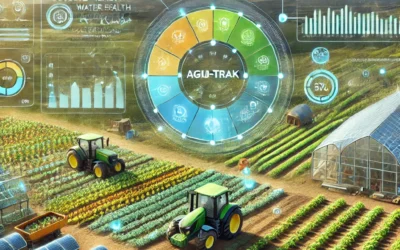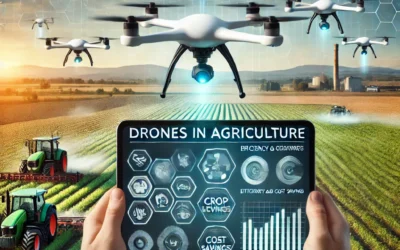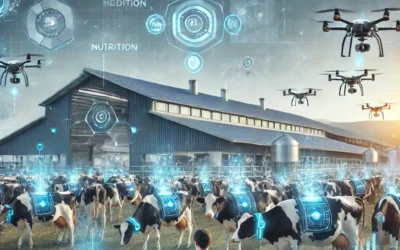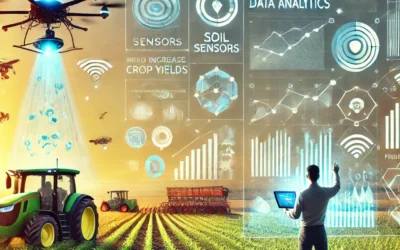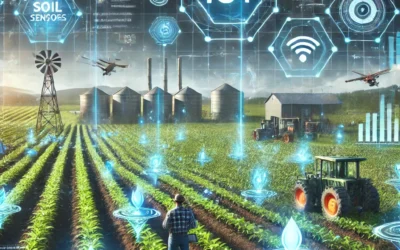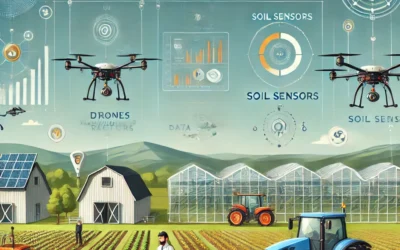- Labor Shortages:
One of the most pressing issues facing family farms is the scarcity of labor. As rural populations decline and younger generations seek opportunities outside of agriculture, family farms often struggle to find skilled and reliable workers. However, technology can bridge this gap by introducing automated systems and robotics that can perform labor-intensive tasks. From robotic milkers and automated feeders to self-driving tractors and harvesting machines, these advancements increase efficiency, reduce the need for manual labor, and minimize dependence on a dwindling workforce.
- Rising Input Costs:
Another significant challenge for family farms is the rising costs of inputs such as seeds, fertilizers, and equipment. Technology plays a crucial role here by optimizing resource utilization and minimizing waste. Precision agriculture techniques, powered by sensors, drones, and data analytics, enable farmers to monitor crop health, soil moisture levels, and nutrient requirements. This data-driven approach allows for targeted application of inputs, reducing costs and environmental impact while maximizing yields.
- Market Volatility:
Family farms often face the uncertainties of market volatility, where fluctuating prices and changing consumer preferences pose significant risks to their profitability. Technology can help farmers navigate these challenges through improved market intelligence and streamlined supply chain management. Access to real-time market data, online trading platforms, and digital tools for inventory management and logistics enable family farms to make informed decisions, optimize pricing strategies, and connect directly with consumers through e-commerce platforms and farm-to-table initiatives.
- Environmental Sustainability:
Sustainable agriculture practices are increasingly essential for family farms to protect the environment and ensure long-term viability. Technology offers innovative solutions for environmental stewardship. For example, IoT (Internet of Things) devices can monitor soil moisture, weather conditions, and water usage, enabling farmers to implement precise irrigation techniques and conserve water resources. Additionally, remote sensing technologies and satellite imagery provide insights into crop health, enabling farmers to detect and address issues promptly, reducing the need for excessive pesticide and fertilizer use.
- Access to Information and Knowledge:
Access to reliable information and knowledge is crucial for the success of family farms. Technology has revolutionized information sharing, making it easier than ever for farmers to stay updated with the latest agricultural practices, market trends, and government regulations. Online platforms, mobile applications, and digital learning resources provide farmers with valuable insights, best practices, and networking opportunities, empowering them to make informed decisions and access support networks.
While family farms face numerous challenges in today’s agricultural landscape, technology offers a lifeline to overcome these struggles. Through automation, precision agriculture, market intelligence, environmental sustainability, and access to information, technology empowers family farms to enhance productivity, reduce costs, adapt to market dynamics, and embrace sustainable practices. As we continue to embrace the potential of agtech solutions, it is essential to ensure that family farms have access to these technologies and the necessary support to implement them effectively. By leveraging technology, we can safeguard the future of family farms, preserve local communities, and sustainably feed the world.



